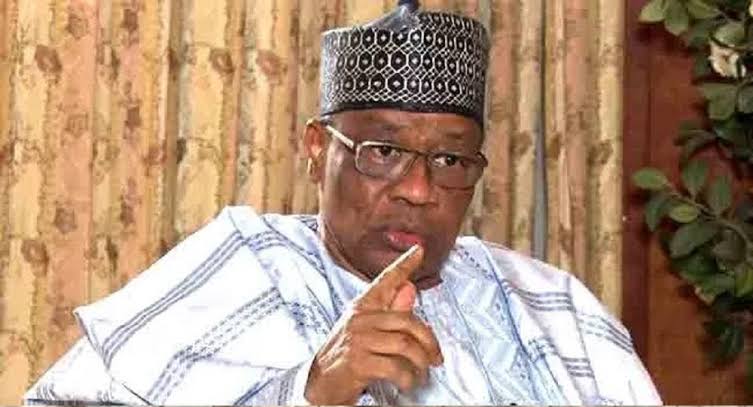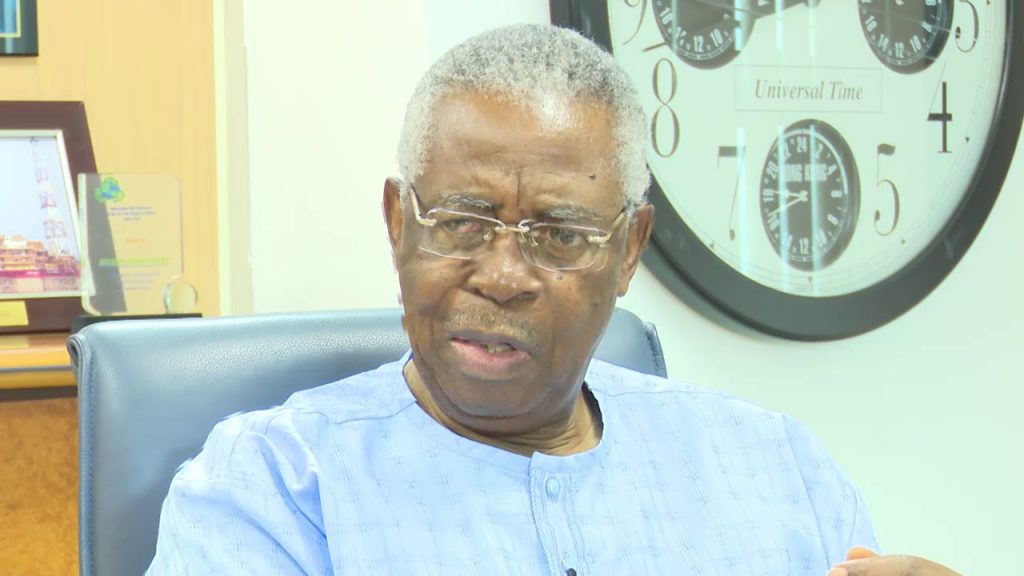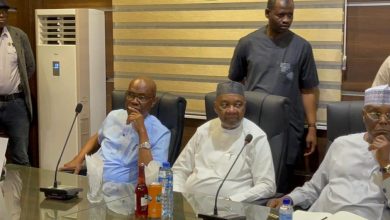Shonekan’s Takeover Confirmed Our Fears About June 12 — IBB

General Ibrahim Badamasi Babangida (IBB) is still a phenomenon in Nigeria, twenty-eight years after stepping down as Military President. His residence in Minna, the capital of Niger State, is still a sort of Mecca for Nigerians of all tribes who come to consult or pay tribute.
Babangida was candid and frank in an exclusive interview. He spoke about the events that followed the annulment of the presidential election on June 12, 1993, the ouster of the Interim National Government led by Chief Ernest Shonekan, and the late General Sani Abacha’s reign.
IBB shedded more light on his statement where he said there could have been a coup if the June 12, 1993, presidential election was concluded.
“When we set up the interim government and asked Chief Ernest Shonekan to head it, that interim government had a constitution. That constitution was drawn by experts, lawyers and non-lawyers in the country. The interim government’s tenure was supposed to be from November 1993 to February 1994, within which there would have been an election to usher in a democratically elected government. Now, what really happened? The people, that is, Nigerians, because of the anger and venom they had about the annulment of the June 12 (election), worked against it. The two political parties agreed with the interim government and we also went further to say that the two aspirants who contested for that election should present themselves for re-election in February 1994.
“But you see, in Nigeria, people didn’t like it. I remember the media saying that ‘Nigerians are weary of elections; Nigerians are tired of elections, we don’t need another election.’
”All the same, we set the programme and contrived it the way we did. We also called very notable people, people we thought were affected more, people who had been most vehement, vocal about that. There were consultations by Shonekan, after I had left, with them. But then there was a court ruling that the interim government was a contraption. Now, as I said, there would have been a coup. There was an interim government; it was short lived; the military pushed it aside and that military lived there with you guys for five years under the stronger dictatorship. There was no political party for people to participate, people didn’t have the right to do a lot of things that would have happened if they allowed that system (ING) to work. So, if I look back, the fact is that there was a coup! Shonekan was shoved aside! Abacha came in, got some of the strong believers of June 12 into his government to serve him; so, that gave him some legitimacy. And you had to live with him for five years and, thereafter, you started all over again. I feel bad about it that something that we envisaged could have been done within the shortest possible time in the interest of the country was not done. Nigeria wasted five years to accept the simple truth, to come back to what would have been the endpoint of interim government,” he said.
One of the interviewers asked: “It’s also strange that the interim government’s constitution states that if the interim president resigns, the most senior military commander will take over. The most senior, Abacha, eventually gained control of the government. Was it on purpose?”
In response, Ibrahim Babangida said, “No. We left him there to stabilise the system because of the fear we had about coups. So, we said we needed a strongman who had some ideas, who knew what should be done to give that interim government the confidence that he is in charge of the military. We wanted Shonekan to have confidence that there was a military officer with him who would serve as a Defence Minister and who everybody knew. The name was known, both in the Armed Forces and in the society. So, the idea was to give Shonekan some strength and stability in the system.”




